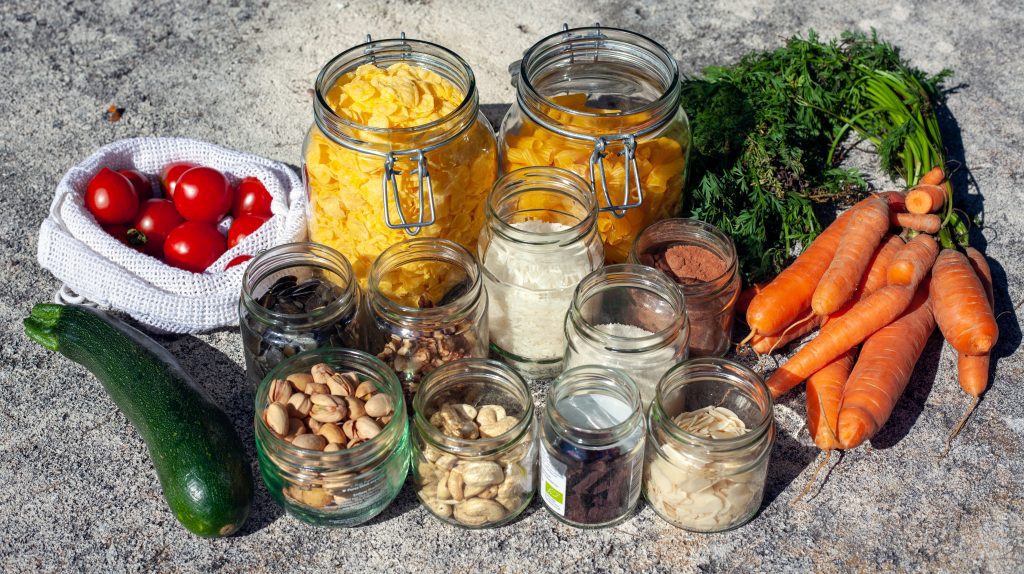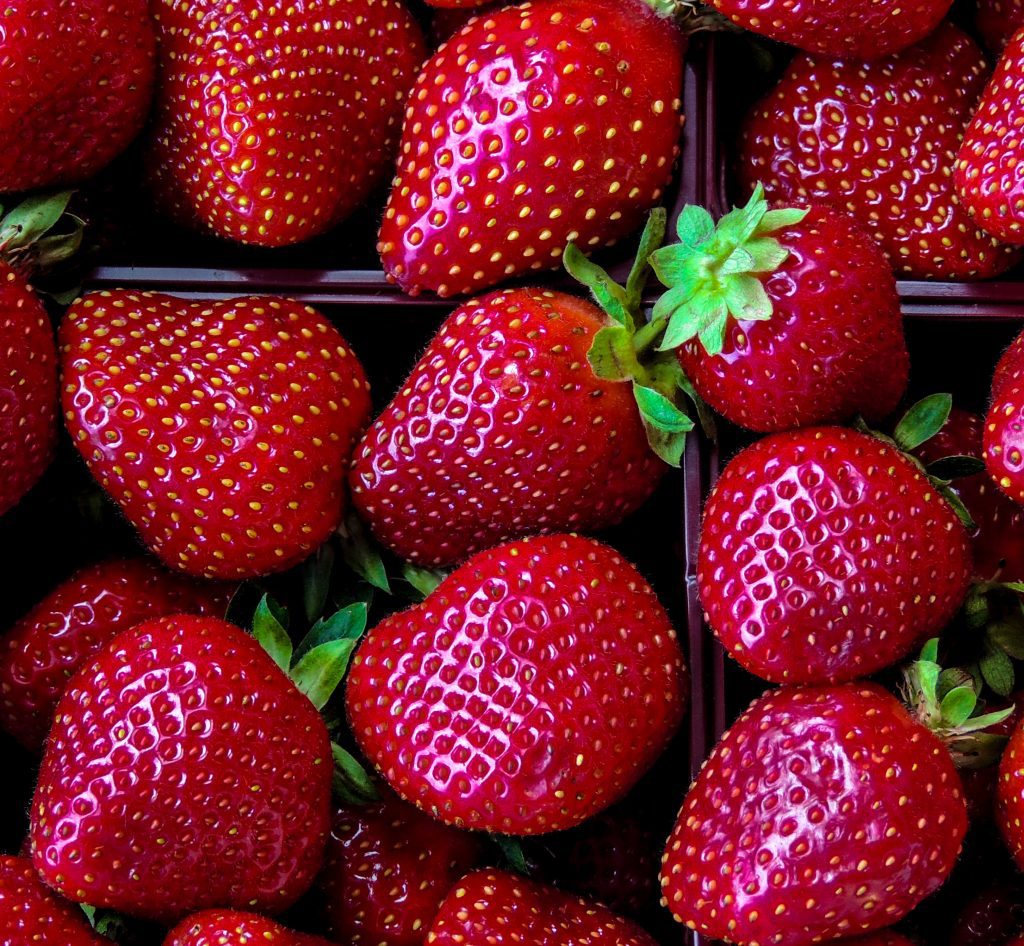Food waste is responsible for an estimated 6-8% of all greenhouse gas emissions. The emissions come from producing the energy required to grow, harvest, transport and dispose of food that is wasted. Additionally, the biodegradation of food produces methane. Methane traps 72 times the amount of heat that CO2 traps over a period of 20 years. This is an environmental challenge that needs solving, and quickly. Consequently, one of the UN’s Sustainable Development Goals is to reduce food waste by 50% by 2030.

Photo by Jasmin Sessler on Unsplash
Reducing the amount of food that is wasted isn’t just beneficial for the environment – it also makes financial sense. Studies show that, for 99% of companies, every $1 invested in reducing food waste produced a return of $14. This clearly shows that this investment is sustainable both environmentally and economically. This finding could be transformational, encouraging businesses all aorund the world to invest in food waste reduction schemes.
How is the UK doing?
So far, the UK seems to be leading the way. In 2018, food waste per capita in the UK was 27% lower than in 2008. This means the UK is more than halfway towards its goal, but there is still a long way to go.
However, despite the progress being made in the UK, food waste globally is still a big problem. As one of the wealthiest countries, the UK has access to the resources required to make the necessary changes. As such, the UK should be leading the way in this matter. But just as the supply chain is global, so should the approach to reduce waste be. The impact this issue impacts every corner of the world, meaning a cohesive effort will have the best results. Thus, technologies and techniques used to reduce food waste need to be applied globally.
How Can Vitabeam Help?
Vitabeam hopes to play a key role in tackling this challenge globally. Killing pathogens such as bacteria and mould that reduce the marketable yield of growers using Vitabeam’s chemical-free technology will reduce food waste at this stage of the supply chain. Following this, using Vitabeam’s technology in the packingprocess will extend the shelf-life of fresh food. At the retail stage, Vitabeam’s technology can also be used to keep fresh produce clean and safe, extending shelf-life further. Finally, in the home, Vitabeam will integrate their technology into kitchens and pantries to kill bacterial and mould pathogens. This will both reduce domestic waste and save people money.
What is clear is that techniques used to solve this challenge must be sustainable. They cannot use chemicals that are harmful to the environment or the health of humans. Sustainability is important because we need to ensure that the reduction in food waste doesn’t further stress the planet. Vitabeam, therefore, is perfectly poised to play a key role in global efforts to solve this problem.
